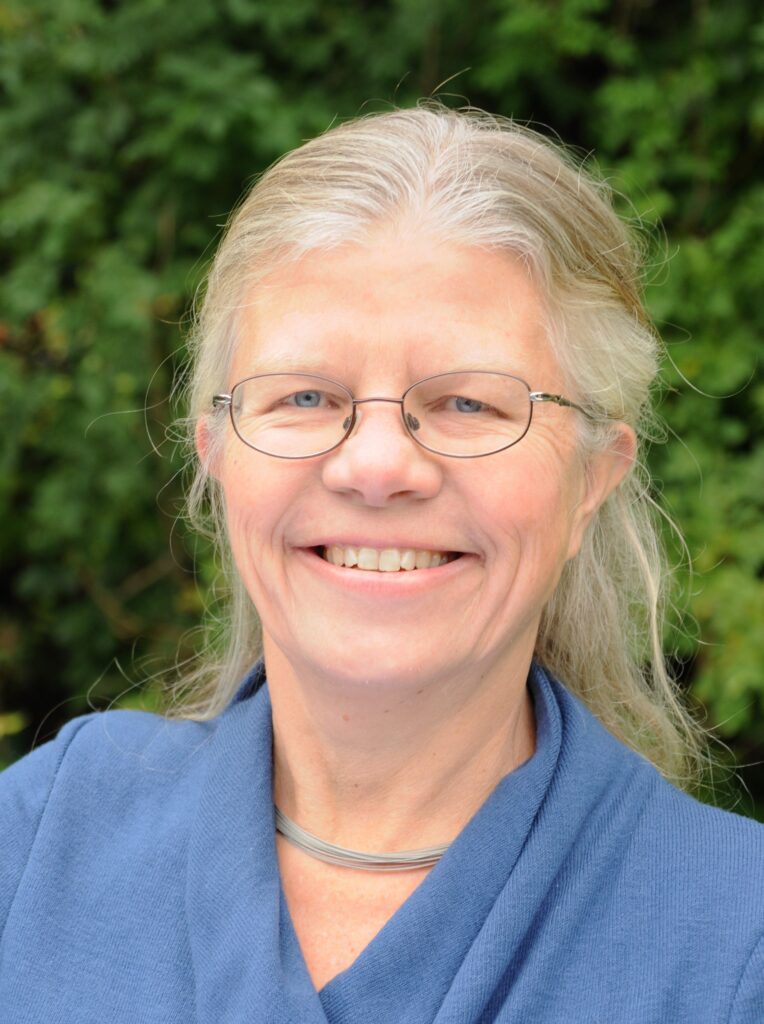Advisory Board & Ethics Advisor
By means of the external Advisory Board (AB), PIECES will seek regular external advice on relevant issues. The AB will provide expert advice on the quality of the deliverables, to ensure that the project will develop in accordance with the appropriate legal, ethical, and social issues, general philosophy and direction of the project. It will also advise on corrective measures in the content of the work if necessary as well as on the dissemination and exploitation of the projects results

Dr. David Chambers
Dr. David Chambers is Deputy Director for Implementation Science in the Office of the Director in the Division of Cancer Control and Population Sciences (DCCPS) at the National Cancer Institute (NCI). Dr. Chambers manages a team focusing on efforts to build and advance the field of Implementation Science (IS) through funding opportunities, training programs, research activities, dissemination platforms, and enhancement of partnerships and networks to integrate research, practice and policy. Prior to his arrival at NIH, Dr. Chambers worked as a member of a research team at Oxford University, where he studied national efforts to implement evidence-based practice within healthcare systems. He publishes on strategic directions in implementation science and serves as a plenary speaker at numerous scientific conferences.

Prof. Maria E. Fernández
Dr. María Fernández is Vice President of Population Health and Implementation Science at the University of Texas Health Science Center at Houston (UTHealth Houston) and the founding Co-Director of the UTHealth Houston Institute for Implementation Science. Dr. Fernández is also the Lorne Bain Chair of Public Health and Medicine, Professor of Health Promotion and Behavioral Sciences, and Director of the Center for Health Promotion and Prevention Research (CHPPR) at the UTHealth Houston School of Public Health. Dr. Fernández has spent her career leading participatory community-engaged intervention and implementation research to develop, evaluate, implement, and disseminate interventions to improve health and health equity. Her research focuses on chronic disease prevention and control among underserved populations in the U.S. and globally. Dr. Fernández has over 235 peer-reviewed publications and has co-authored several books, including the 4th edition of Planning Health Promotion Programs: An Intervention Mapping Approach (2016) and the Handbook of Community-based Participatory Research (2017). Her awards include the Association for Schools and Programs of Public Health Research Excellence Award and the UTHealth President’s Scholar Award for Research Excellence.

Prof. Jose M. Martin-Moreno
With medical and public health degrees from the Univ. of Granada (MD, PhD) and Harvard (MPH, DrPH), he served as the former Director of Program Management for Europe at the World Health Organization, and previously as Chief Medical Officer of Spain. Currently, he holds a professorship in Preventive Medicine and Public Health at the Medical School and Clinical Hospital of the Univ. of Valencia. He is also a Member of the Royal Academy of Medicine of Spain, an Honorary Member of the Faculty of Public Health of the Royal College of Physicians of the United Kingdom, a Policy Adviser for the European Observatory on Health Systems and Policies, and the Director of the European Summer School of Public Health “Andrija Stampar”. Moreover, he serves as Co-Chair of the “Sciana: The World Health Leaders Network” and is a member of the Advisory Board of the Spanish Society of Health Managers. He has authored over 400 scientific articles and has been awarded at the European Health Public Conference the Stampar Medal for excellence in Public Health.

Dr. Leti van Bodegom-Vos
Leti van Bodegom-Vos, PhD, is senior researcher at the Leiden University Medical Center in the Netherlands. She completed her study in health sciences in 2004 and obtained her PhD from Maastricht University in 2010. She was appointed as implementation fellow of the Dutch Organisation for knowledge and innovation in health, healthcare and well-being. Her research focuses on the implementation of high-value care and the de-implementation of low-value care in the hospital setting.

Prof. Signe Flottorp
Signe Flottorp (born 1954, MD 1979) is trained as a general practitioner. She has worked with health services research since 1994, focusing on ways to support informed health choices through systematic reviews, effective dissemination of research findings, knowledge translation and implementation research. She is an associate editor of Implementation Science, and she was an associate editor of the Cochrane Effective Practice and Organisation of Care (EPOC) review group. She has participated in the GRADE working group since the start in 2000, contributing to the GRADE approach to assess certainty of evidence and strength of recommendations, and she has been a member of the GRADE guidance group. She was chair of the Board of Health and Care Services Research in The Research Council of Norway 2008-2015. She has recently retired from her full-time position as a Research Director at the Centre for Epidemic Intervention Research at the Norwegian Institute of Public Health, where she now works part time.

Dr. Harriet Koorts
Associate Professor Harriet Koorts is an Implementation Scientist with a background in public health and academia spanning over 15 years. Their research focuses on the implementation and scale-up of population health interventions, into clinical and community settings, using implementation and systems science methodologies. A/Prof Koorts leads Deakin University’s Institute for Physical Activity and Nutrition (IPAN) Implementation Science and Knowledge Translation Domain, and co-leads Deakin’s Faculty of Health Knowledge Translation and Evaluation Unit. Within these roles, they provide implementation science consultancy to >90 IPAN staff, across the Faculty and externally as required.

Andrea Buron (Ethics Advisor)
Andrea Buron is a medical doctor and specialist in preventive medicine and public health. She works as an epidemiologist in the Epidemiology and Evaluation Department of Hospital del Mar (Barcelona), in the area of breast and colorectal cancer screening. Andrea is lecturer in public health ethics at Universitat Pompeu Fabra and University of Manresa (both at Master level). Although she has a general training in ethics (Oxford University), her expertise in ethics lies specifically within the specific area of public health ethics, which unlike bioethics, focuses more on the interventions at the population level instead of the individual level.She is member of the Ethics working group of both EUPHA and SESPAS, and has also participated in several ethics working groups, seminars, workshops, articles, and committees.